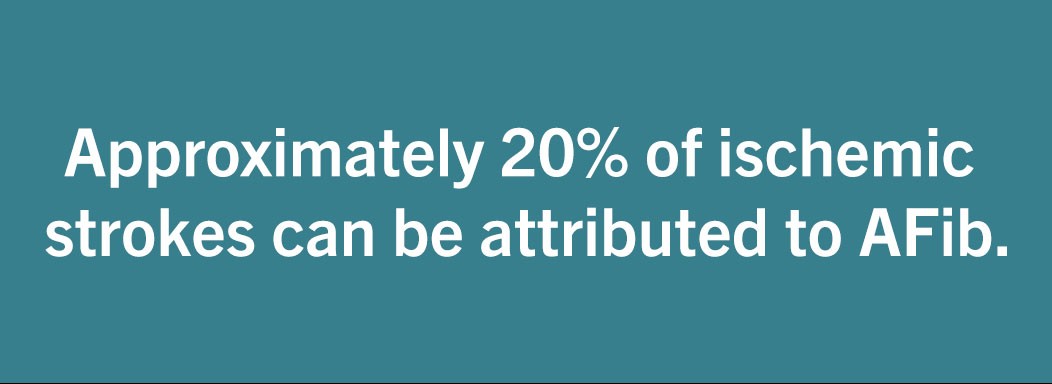
Understanding Atrial Fibrillation
Atrial fibrillation (AFib), the most prevalent arrhythmia, or irregular heartbeat, increases the risk of blood clots, stroke and heart failure. By 2030, an estimated 12.1 million Americans will have AFib. At Dignity Health Heart and Vascular Institute, we're pioneering more effective treatments for AFib and stroke prevention.
Our multidisciplinary team of electrophysiologists, cardiologists, cardiovascular specialists, and surgeons works closely with each patient to understand their unique needs and develop a tailored treatment plan. We provide comprehensive evaluations, advanced treatment options, and ongoing support through our dedicated RN Program Coordinator.
Tech Talk - Atrial Fibrillation (AFib) with Dr. Arash Aryana, Cardiac Electrophysiologist
In this Tech Talk video, Cardiac Electrophysiologist Arash Aryana discusses the latest technology used to treat Atrial Fibrillation (AFib), the impact this technology has on patient outcomes, and what the future of AFib treatment looks like.
What is Atrial Fibrillation?
AFib is a heart condition where the upper heart chambers beat irregularly and too fast due to abnormal electrical signals. This quivering (fibrillation) affects the heart's ability to pump blood effectively, potentially depriving the brain and organs of sufficient blood supply. AFib is a serious medical condition that worsens over time, causing irreversible heart damage and increasing the risk of blood clots and stroke.
Causes & Risk Factors
While the exact cause of AFib may be difficult to determine, there are certain risk factors that can increase your chances of developing it. These include:
|
|
Diagnosing Atrial Fibrillation
AFib can be detected through an electrocardiogram (EKG or ECG), which records the heart's electrical signals. A Holter monitor, worn for one or more days, can also detect AFib. Additionally, wearable technology like smartwatches may also help detect when someone is in AFib.

Pulsed Field Ablation - Revolutionizing the Treatment for Atrial Fibrillation
Our commitment to exceptional patient care drives us to continuously invest in groundbreaking treatments. We're proud to be among the first healthcare systems in California to offer Pulsed Field Ablation, (PFA) a revolutionary approach to treating Atrial Fibrillation. This cutting-edge technology reflects our dedication to providing the best possible outcomes for our patients.
Atrial Fibrillation Treatment Options
Treatment for AFib can vary based on how long someone has had it, their symptoms, the underlying cause of the issue, and other considerations. Treatment options may include medications, therapies, or minimally-invasive catheter ablation procedures.
Drug Therapies
Drug therapies for AFib can include Anticoagulants (blood thinners) and medications to control heart rate and restore normal rhythm. Anticoagulants like Coumadin and Pradaxa can help prevent blood clots that can cause stroke. Your doctor will recommend the most suitable medication based on your condition.
Ablation Procedures
Our heart experts specialize in many different types of ablation techniques to treat AFib, including:
- Pulsed Field Ablation - We are proud to be among the first healthcare systems in California to offer this revolutionary treatment.
- Minimally invasive catheter ablation
- Surgical atrial fibrillation ablation
- Robot-assisted catheter ablation
Find a Doctor
Talk to your doctor about your risk factors and a referral to an AFib specialist. Call (916) 245-8193 or use our online Find a Doctor directory to connect with one of our Atrial Fibrillation specialists.









